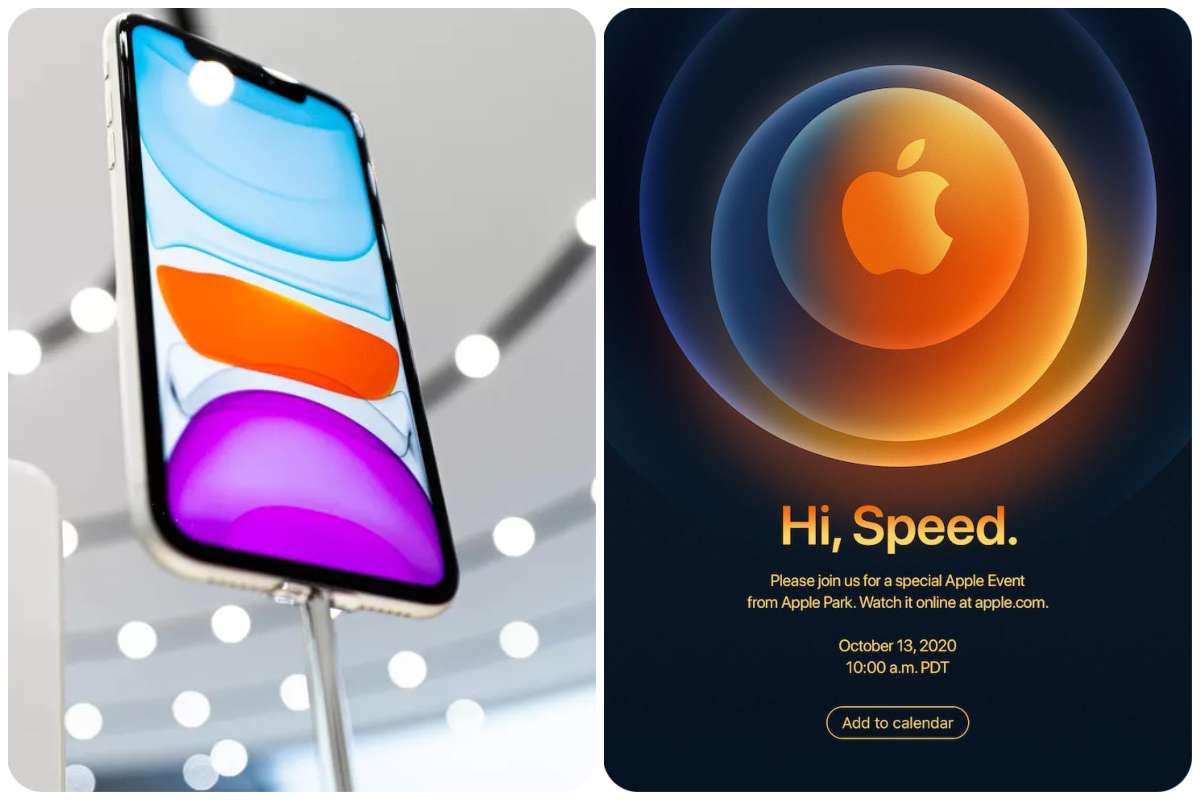News
Google Might Be Developing An M1 Competitor For Chromebooks
Google may be working on a rival to Apple’s M1 CPU. The next bespoke Google chip, which is expected to be released in 2023, might be used in new Chromebooks and other Chrome OS devices.
According to Nikkei Asia, Google is making the move because it sees room for expansion. According to the journal, “major tech players view in-house chip development as critical to their competitiveness.” This alleged new CPU could possibly be based on ARM technology, a chip manufacturer that already designs the technology used in Qualcomm’s PC and laptop processors.
Custom processors, of course, will present issues. On the upcoming Google Pixel 6 phones, Google is already using its own Tensor mobile CPU. However, there is a global shortage of parts required to manufacture new laptop CPUs.
Read Also: Apple Reportedly Hosting Multiple September Events To Launch New iPhones, iPads
This switch also necessitates extensive research and development efforts, as well as the participation of developers. Google would also have to compete with other chipmakers like as Qualcomm, Nvidia, and Intel, which are presently in the middle of their product cycles and producing next-generation processors.
Apple, on the other hand, has demonstrated that moving to bespoke silicon can be done successfully. Apple’s unique M1 CPU is found in products such as the iPad Pro, iMac, Mac Mini, MacBook Pro, and MacBook Air. Microsoft attempted to accomplish the same with the Surface Pro X’s ARM-based Microsoft SQ1 and SQ2 CPUs but ran into problems owing to software issues in Windows 10.
Google is already working on ARM-based products with its partners. Under the hood of the new HP 11 Chromebook is an ARM-based Qualcomm Snapdragon CPU. It’s one of the first Chromebooks without an Intel or Mediatek processor, and it’s received positive feedback.
Google, on the other hand, has had a difficult time promoting its own Chromebook hardware. After the Pixel Slate’s failure to gain traction, Google released the Pixelbook Go. Both devices are powered by Intel processors, albeit ChromeOS’ lightweight nature makes the processor less crucial. Google has relied largely on its partners to develop new Chromebook models and has concentrated its resources on the Pixel smartphone series, so switching to a proprietary ARM CPU could be a difficult task.
Follow edgvio.com on Twitter, Facebook, Instagram and subscribe to our YouTube channel for modern technological news and reviews.




